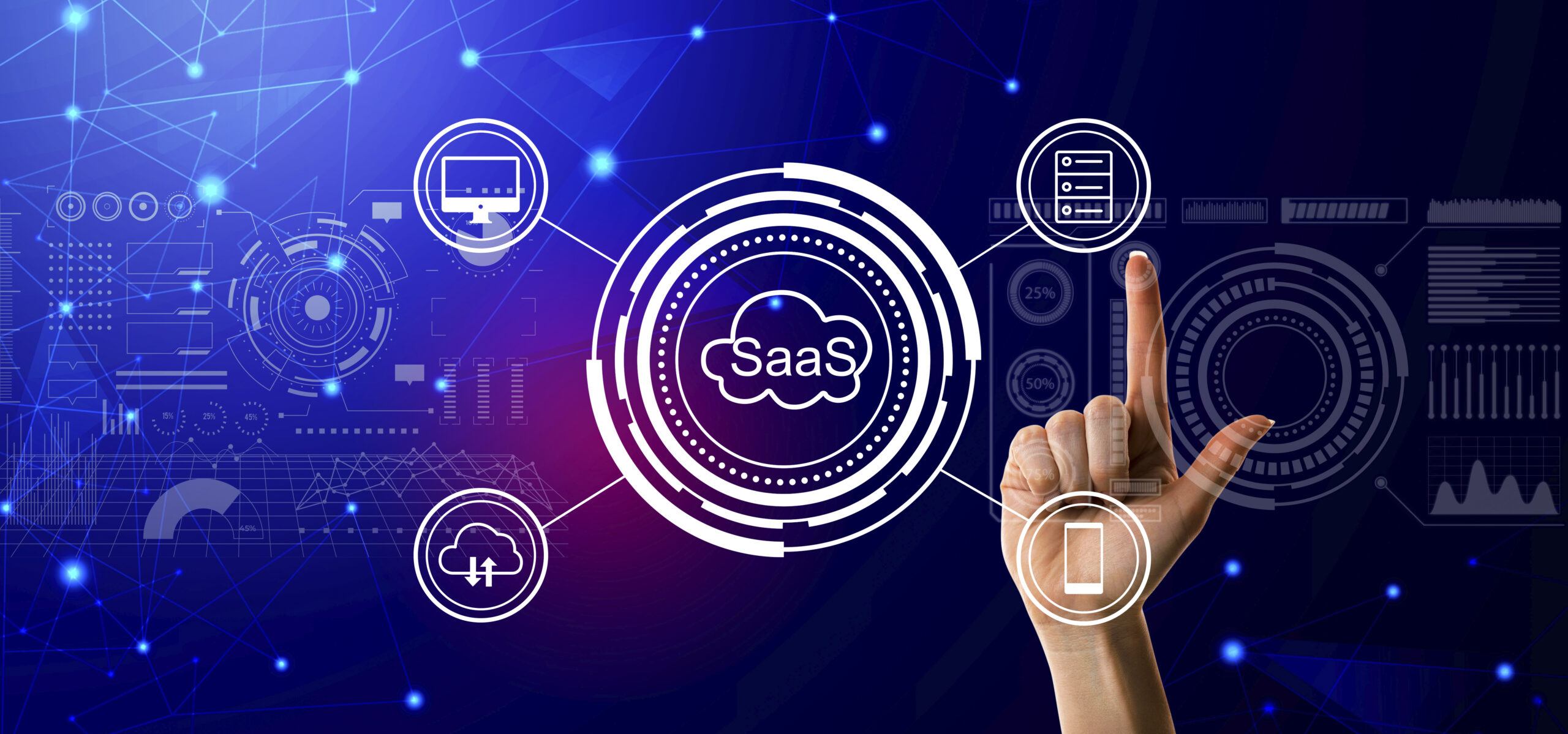In today’s fast-paced business environment, managing financial operations efficiently is crucial for success. Billing ERP (Enterprise Resource Planning) systems play a vital role in automating and optimizing billing processes, ensuring accuracy and compliance. This article explores the importance of billing ERP, its key features, and how it can benefit businesses across various sectors.
What is Billing ERP?
Billing ERP is a software solution that integrates various billing and invoicing functions within an organization. It centralizes financial data and automates the billing process, making it easier to manage customer invoices, payments, and financial reporting. By utilizing a billing ERP system, businesses can improve operational efficiency and reduce manual errors.
Key Features of Billing ERP Systems
- Automated Invoicing
- Automating the invoicing process saves time and minimizes errors. Billing ERP systems can generate invoices based on predefined templates and send them directly to customers.
- Payment Processing
- Efficient billing ERP solutions facilitate secure payment processing through multiple channels, including credit cards, bank transfers, and online payment gateways.
- Reporting and Analytics
- Comprehensive reporting tools provide insights into revenue streams, outstanding payments, and cash flow. Businesses can use this data for better financial planning and decision-making.
- Customer Management
- Billing ERP systems often include customer relationship management (CRM) features, allowing businesses to track customer interactions, preferences, and payment histories.
- Integration with Other Systems
- Integrating billing ERP with other business systems, such as accounting software and inventory management, ensures smooth data flow and reduces the risk of discrepancies.
Benefits of Using Billing ERP
- Increased Efficiency
- By automating repetitive tasks, billing ERP systems free up time for employees to focus on more strategic activities, improving overall productivity.
- Improved Accuracy
- Automation reduces the likelihood of human error, ensuring accurate invoicing and payment processing.
- Better Cash Flow Management
- With real-time insights into billing and payment statuses, businesses can manage their cash flow more effectively, ensuring they have the necessary funds for operations.
- Enhanced Customer Experience
- Timely and accurate billing improves customer satisfaction. Clients appreciate clear and concise invoices, along with various payment options.
- Scalability
- As businesses grow, their financial needs change. Billing ERP systems can scale alongside the business, accommodating increased transaction volumes and new functionalities as needed.
Top Billing ERP Solutions
1. SAP Business One
SAP Business One offers a comprehensive ERP solution that includes robust billing and invoicing features. It integrates finance, sales, and customer management in a single platform, making it ideal for small to medium-sized businesses looking to streamline operations.
2. Oracle NetSuite
Oracle NetSuite is a cloud-based ERP solution that provides powerful billing and invoicing capabilities. Its advanced automation features enhance billing accuracy, while its reporting tools offer deep insights into financial performance.
3. QuickBooks Online
QuickBooks Online is widely used for its user-friendly interface and powerful billing functionalities. It is particularly suitable for small businesses looking for an affordable yet effective billing ERP solution.
4. Zoho Books
Zoho Books is an online accounting software that includes billing ERP capabilities. It offers invoicing, expense tracking, and financial reporting features, making it a great choice for freelancers and small businesses.
5. FreshBooks
FreshBooks specializes in invoicing and billing for small business owners. Its intuitive interface allows users to create and send invoices easily, track expenses, and manage payments efficiently.
How to Choose the Right Billing ERP for Your Business
- Assess Your Business Needs
- Consider the size of your business, the volume of transactions, and specific features you require, such as automated invoicing or payment processing.
- Evaluate Ease of Use
- Look for a solution with a user-friendly interface to ensure that your team can adopt the software quickly and effectively.
- Check for Integration Capabilities
- Ensure the billing ERP can integrate seamlessly with your existing business systems, such as accounting software and CRM tools.
- Consider Customer Support
- Strong customer support is crucial for troubleshooting and ensuring that you can maximize the benefits of your billing ERP.
Conclusion
Billing ERP systems are essential for businesses looking to optimize their financial processes. With features like automated invoicing, payment processing, and robust reporting, these solutions help enhance efficiency, accuracy, and customer satisfaction. By investing in a reliable billing ERP system, organizations can streamline their financial operations and focus on growth and profitability.















